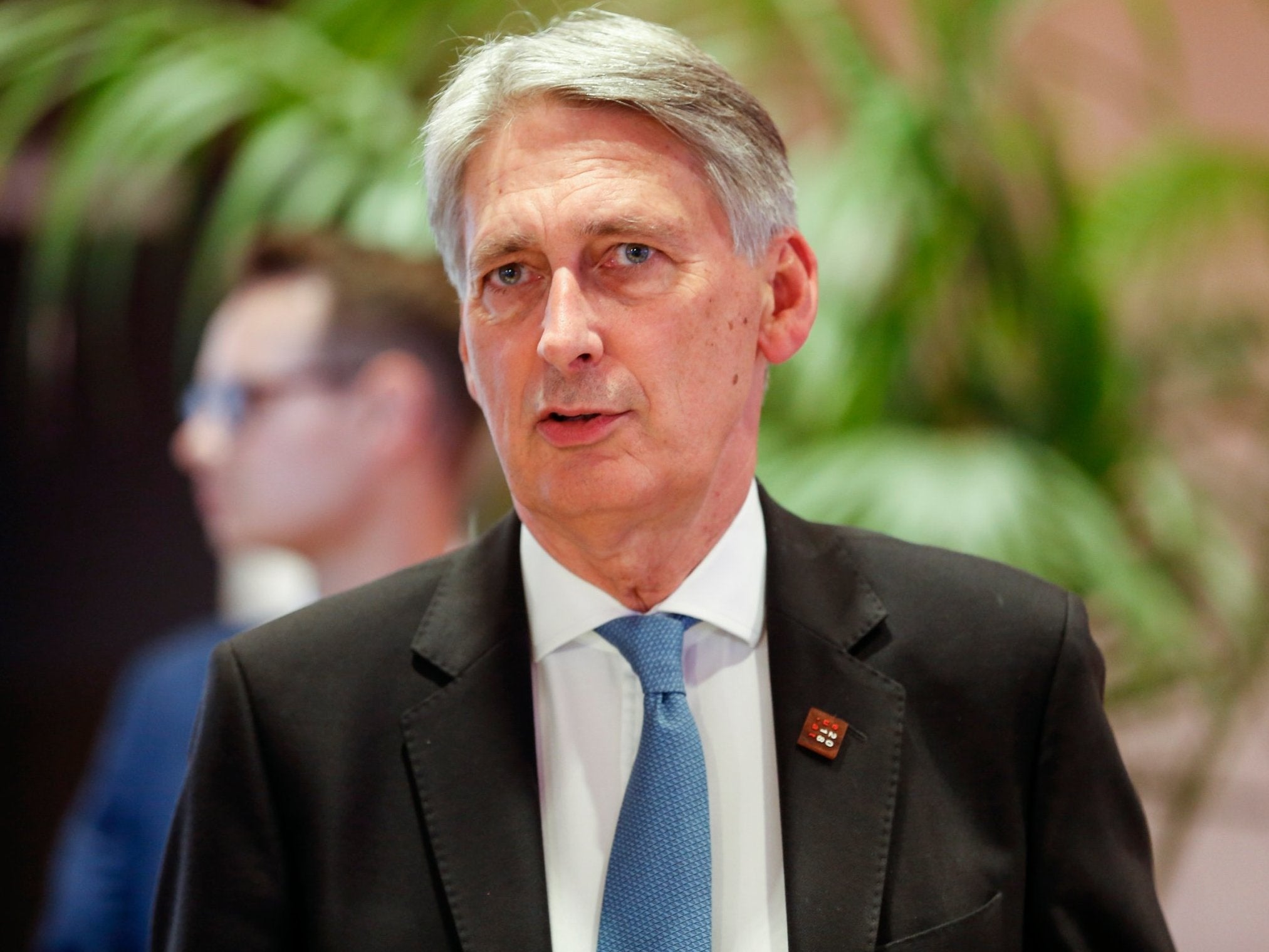What to expect from Philip Hammond in tomorrow's Budget
The most crucial single number will be the projected fiscal deficit for this financial year, but growth forecasts as well as the global economy are important factors to consider


Your support helps us to tell the story
From reproductive rights to climate change to Big Tech, The Independent is on the ground when the story is developing. Whether it's investigating the financials of Elon Musk's pro-Trump PAC or producing our latest documentary, 'The A Word', which shines a light on the American women fighting for reproductive rights, we know how important it is to parse out the facts from the messaging.
At such a critical moment in US history, we need reporters on the ground. Your donation allows us to keep sending journalists to speak to both sides of the story.
The Independent is trusted by Americans across the entire political spectrum. And unlike many other quality news outlets, we choose not to lock Americans out of our reporting and analysis with paywalls. We believe quality journalism should be available to everyone, paid for by those who can afford it.
Your support makes all the difference.Is this really the end of austerity, or will Monday’s Budget be just another exercise in the usual theatre of politics? Here are the points to note, with some thoughts on how to interpret what Philip Hammond serves up.
One, the most important single number will be the projected fiscal deficit for this financial year, the year that ends in the first week of April 2019. That sets the scene for next year. Back in spring, the Office for Budget Responsibility (OBR) projected it at £37bn. But revenue is coming in a lot higher than expected, while spending, at least in the first six months of the financial year, rather lower.
So what is the number? It now looks as though it will be around £25bn. That is 1.2 per cent of GDP, not yet a balance of course but pretty low compared with most developed countries. This gives the chancellor options, both to cut taxes and to spend a bit more, and still keep the deficit falling.
Two, what is the projected number for the next financial year: £15bn? That would be the sort of further decline we might expect given the present trend of revenues, and the number will give us a feeling as to whether Philip Hammond is really easing up.The lower the number, the more he is being prudent with public finances, or the more optimistic the OBR is being on revenues – probably some combination of both.
That leads to point three, why are the borrowing figures better than expected? We should look here at the OBR’s growth forecasts, because the probable explanation for higher-than-expected tax revenues this year is faster-than-expected growth.
The Office for National Statistics said that it thought this might have been happening when it revealed the higher tax take for the first six months of the year. The number to look for will be projected growth next year. This year it will be under 2 per cent; next year, who knows?
Whatever number it produces, it will have to be on the assumption of an acceptable free trade deal with Europe, for a no-deal Brexit would certainly knock some growth off the economy in the short term. Even supporters of a so-called hard Brexit acknowledge that. The OBR will make it clear that it is working on the assumption a deal with Europe will be struck, which actually is the only sensible basis on which to plan.
Four, what about the world economy? This is tricky, because it is something over which we have no control but which has a massive impact on national finances. Remember how the recession of 2009 destroyed all of Gordon Brown’s plans? Those plans, it has to be admitted, were based on very rosy assumptions, and that failure led to the creation of the OBR, so that the chancellor’s numbers would be assessed by an outside body in the future. So now what does the OBR assume the risks to be? Global slowdown in 2020? Don’t expect it to say much because it can’t, but let’s see how it handles the uncertainties.
Finally, the detail. There will be some taxes that are increased, and there are some that will be reduced. This is politics: how do you squeeze more money out of people who won’t vote against you (such as foreigners), and how do you use whatever leeway you have to entice floating voters onto your side? There will also be some refining of spending plans. We have been told there will be more money spent on roads, but that means that there will be less (or at least less than might otherwise have been the case) on something else.
But chopping and changing taxes does damage. The more changes there are and the more complicated the tax system, the more mistakes are made, not just by taxpayers but by the civil servants who have to try to cope. So let’s apply a commonsense test to the Budget. Do the changes, on balance, make sense? Or is what’s already a not very good tax system by world standards made a bit worse?
Philip Hammond has been lucky, in that the numbers are better than expected. So how skilfully will he play his slightly stronger hand?
Join our commenting forum
Join thought-provoking conversations, follow other Independent readers and see their replies
Comments